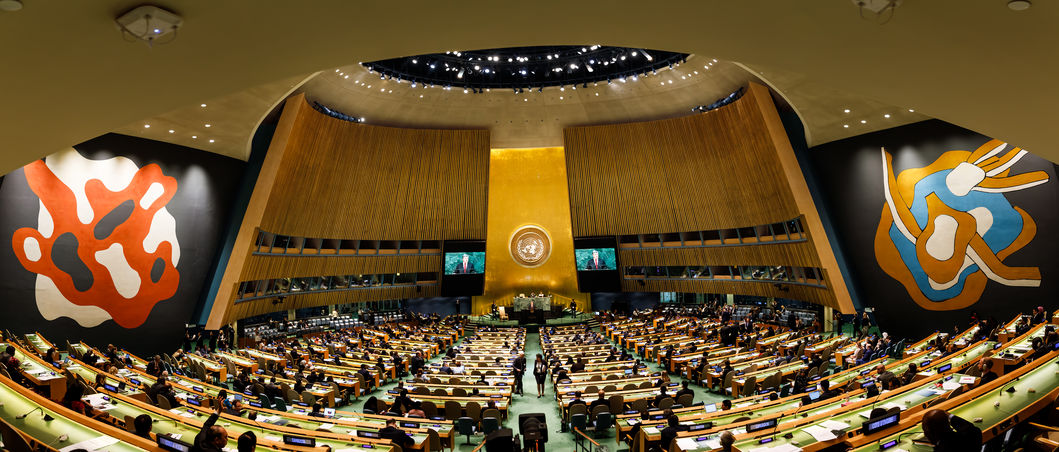The United Nations Convention on Biological Diversity (CBD) has concluded this week’s virtual meetings. The point of discussion is the post-2020 Global Biodiversity Framework. The meetings pick up again next week.
CFACT reported on the UN’s Framework in the piece titled “Money, mandates, and demands: Day 1 of UN Biodiversity meeting.” The Framework’s purpose is “to ensure that, by 2050, the shared vision of living in harmony with nature is fulfilled.”
Yet to live in harmony with nature, the UN calls for 50% of the Earth to be under a “spatial planning” scheme, and that by 2030, 30% of all land and water on the globe should be under a “protected” status.
While the intention of protecting and encouraging biodiversity is good, the goals specified in the UN’s Framework open wide the prospect for government overreach and abuse.
Yet not all of the items discussed in the UN’s meetings deserve criticism.
On day three of the virtual meetings, delegates were discussing the Cartagena Protocol on Biosafety. According to the UN’s CBD website: “The Cartagena Protocol on Biosafety…is an international agreement which aims to ensure the safe handling, transport and use of living modified organisms (LMOs) resulting from modern biotechnology that may have adverse effects on biological diversity, taking also into account risks to human health.”
The use of genetically modified organisms can have tremendous potential for human health, prosperity, and environmental protection. Products like “golden rice” infused with beta carotene (provitamin A) can help stop blindness due to malnutrition in children in the developing world.
Radical environmentalist organizations like Greenpeace and Friends of the Earth oppose such initiatives, deeming it unnatural. But who are they to tell starving, blind children they cannot eat?
You may recall a few years ago when a group of Nobel prize winning experts condemned Greenpeace for opposing and even destroying such crops and test labs. You can read more about that here.
Indeed, during the UN Biodiversity meetings, delegates of member nations seemed surprisingly open to cautiously exploring the use of modified organisms to improve health and the environment.
It was the NGOs – the radical environmentalist organizations – that complained and raised issues with the use of modified organisms.
Friends of the Earth called for a “moratorium on transparent modification” of crops, insects, and organisms using modified genetics.
They also advocated for “participatory technology assessments”, which means including more LGBTQ groups, women, and indigenous peoples in the decision-making process.
But shouldn’t the emphasis here be on listening to scientists? After all, the Left has shouted “listen to the science!” for years now to criticize those who question leftist talking points.
Our policy decisions shouldn’t have to pass through the test of leftist opinion polls before being enacted. This already happens enough on everything from climate policy to energy policy, at great cost to the environment and human welfare.
Yet despite the promising language from member nations of modified organisms, the overall UN Framework calling for a massive increase in government control over land and water use is concerning.
CFACT will continue to report on these developments next week as the virtual meetings continue. Keep checking cfact.org for more updates.
